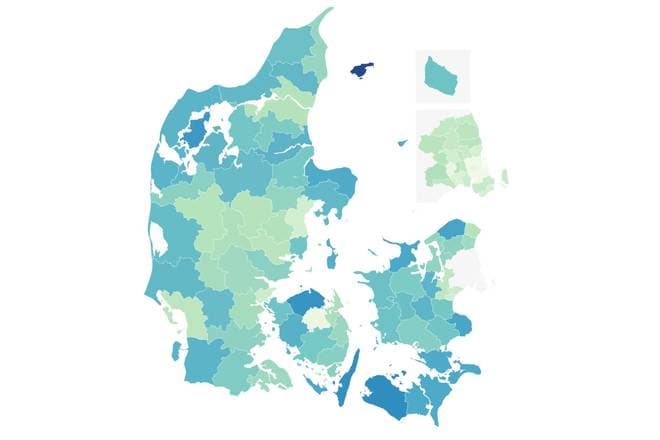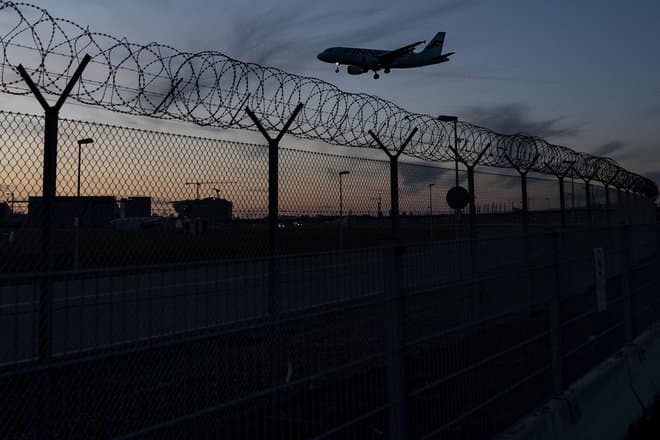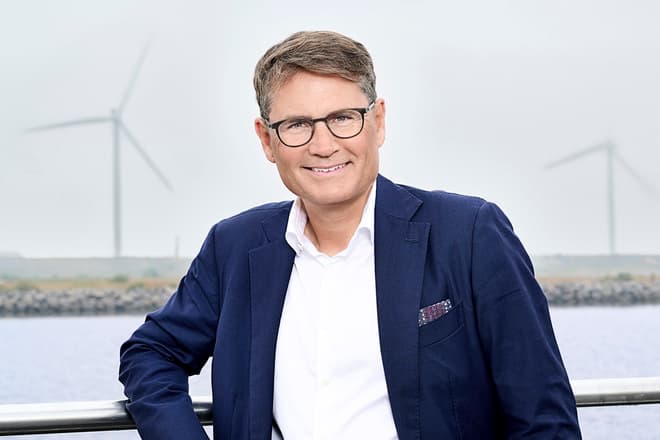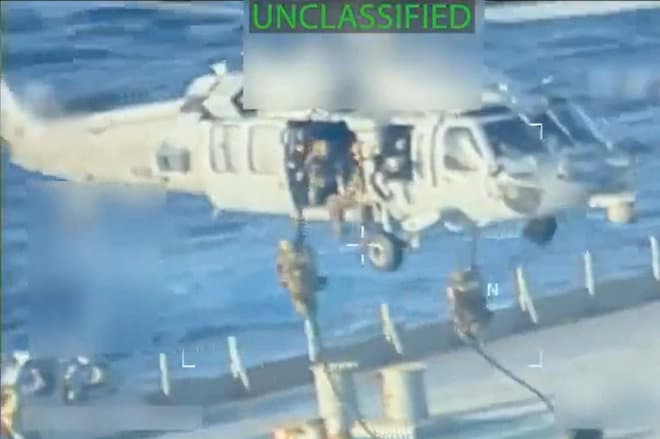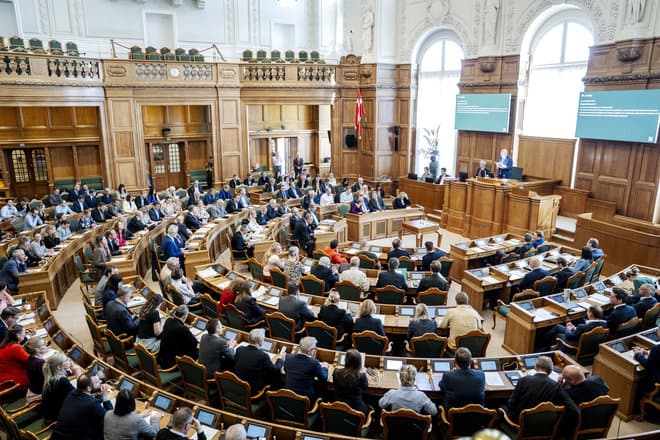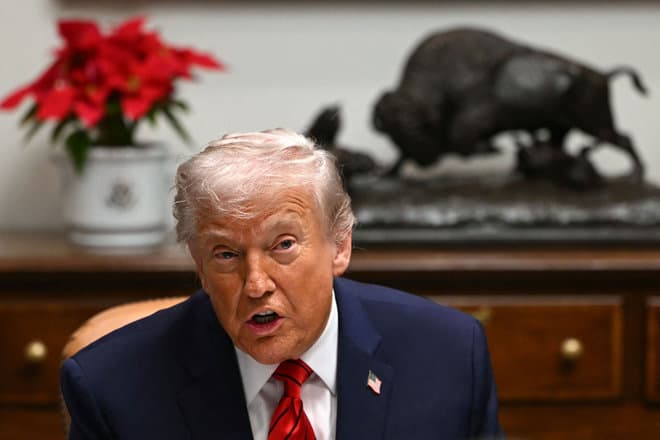On Thursday, the European Parliament in Brussels adopted a resolution that strongly condemns Russia's shadow fleet. At the same time, European politicians are calling on member states to introduce tougher measures against oil tankers in the form of controls and sanctions. Danwatch writes.
The adopted text states that the new measures against the shadow fleet may involve more monitoring of the ships, controls and inspections, new sanctions against individual ships and closure of access to the Baltic Sea. The resolution also mentions the possibility of punishing third countries that help Russia circumvent the sanctions.
"The text points to the need for much stricter enforcement of the current EU sanctions and also stresses that the EU should seriously reassess its bilateral cooperation with third countries that help Russia circumvent the EU's restrictive measures if diplomatic efforts fail," the European Parliament's website states.
Particularly interesting - from a Danish perspective - is a possible closure of access to the Baltic Sea, as only Denmark can close shipping there. However, this does not seem realistic, as Denmark is obliged by international law from 1857 to allow everyone to sail freely through our country.
Russia has also previously threatened the Danish authorities with retaliation if there are any attempts to prevent ships carrying Russian cargo from sailing freely through Denmark.
Analyst: A step in the right direction
For Benjamin Hilgenstock, an economist and analyst specializing in the shadow fleet at the Kyiv School of Economics (KSE), the resolution is a step in the right direction. He and KSE have previously advised European politicians on how to tighten sanctions against Russia so that they are most effective.
- It is very encouraging to see that the challenges posed by the Russian shadow fleet - in the form of sanctions circumvention of the oil price ceiling and the threat to the environment from aging, poorly maintained and insufficiently insured ships - seem to be very well understood throughout the EU, he says.
A number of EU parliamentarians, including the Danish Green Party's Per Clausen, wrote in a joint debate on Wednesday that they will demand from member states that new sanctions and measures be introduced as soon as possible.
“The shadow fleet consists of outdated, rusty and often uninsured ships with unclear ownership information. Oil is often transferred from ship to ship at sea with a high risk of oil spills. The question is not if - but when - an environmental disaster will occur in the Baltic Sea”, it says.
In addition, the debate paper describes how gas and oil continue to flow into Europe from Russia:
“In practice, this means that the EU is helping Ukraine with one hand and filling Putin's war chest with the other. If we are really serious about doing everything in our power to support Ukraine, we must immediately stop buying the oil that finances the war”.
Benjamin Hilgenstock and KSE also call on the EU and allies to tighten their grip on Russia's enormous earnings from oil trade with the shadow fleet as soon as possible. He therefore hopes that new legislation will be adopted as soon as possible to comply with the resolution.
“It is now crucial for governments in the sanctions coalition to take concrete steps to implement such measures to rein in the shadow fleet, and those measures must operate within the constraints of international law and the principles of a rules-based international order,” he says.
amp
Text, graphics, images, sound, and other content on this website are protected under copyright law. DK Medier reserves all rights to the content, including the right to exploit the content for the purpose of text and data mining, cf. Section 11b of the Copyright Act and Article 4 of the DSM Directive.
Customers with IP agreements/major customer agreements may only share Danish Offshore Industry articles internally for the purpose of handling specific cases. Sharing in connection with specific cases refers to journaling, archiving, or similar uses.
Customers with a personal subscription/login may not share Danish Offshore Industry articles with individuals who do not themselves have a personal subscription to Danish Offshore Industry.
Any deviation from the above requires written consent from DK Medier.

